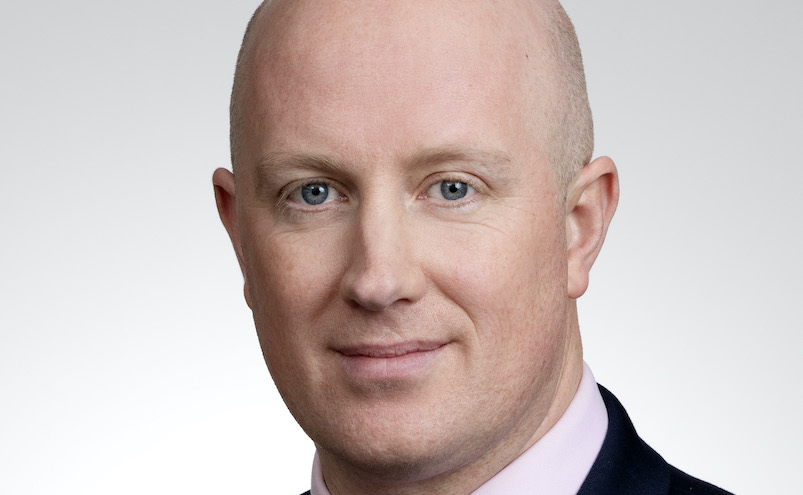Brewin Dolphin posted record total discretionary flows of £1bn in the first three months of the year, as total funds under management reached £52.6bn.
The wealth manager’s interim report for the half year ended on 31 March 2021 recorded total discretionary net flows of £600m with gross inflows of £1.6bn.
Total discretionary funds were up 11% to £45.7bn from £41.2bn at the full year 2020 supported by positive net flows and discretionary investment performance of 9.5%.
Total discretionary commission income was 14.8% higher at £38.7m, while financial planning income grew 16.5% to £19.1m, driven by higher market levels and continued demand for its advice-focused services.
CEO highlights strong client investment performance
Brewin Dolphin chief executive Robin Beer (pictured) said the outperformance of clients’ investments during a strong market recovery contributed to the “excellent set of results”.
The discretionary investment performance of 9.5% pipped the MSCI Pimfa Private Investor Balanced Index performance of 8.7%.
Beer said: “Our consistent performance over the last year through a pandemic gives me confidence that our business model is resilient, and our advice-focused strategy is the right one.”
He added: “In times of uncertainty, our trusted brand is even more valuable. Our strong balance sheet and good cash generation give our clients confidence in our long-term sustainability.”
Continued innovation
Brewin Dolphin said the results demonstrated the benefit of continued innovation as its Voyager fund range, launched in October 2020 and targeting advisers, had seen strong early momentum with just under £140m of funds at the end of the half-year period.
It also highlighted the launch of its first ESG solution, 1762 Responsible Progress, which is an ethical model portfolio, as well as its sustainable MPS launched last month.
Profit before tax was £47m, 28.8% higher than in the first six months of last year, driven by strong income growth and ongoing cost savings related to the impact of Covid.













